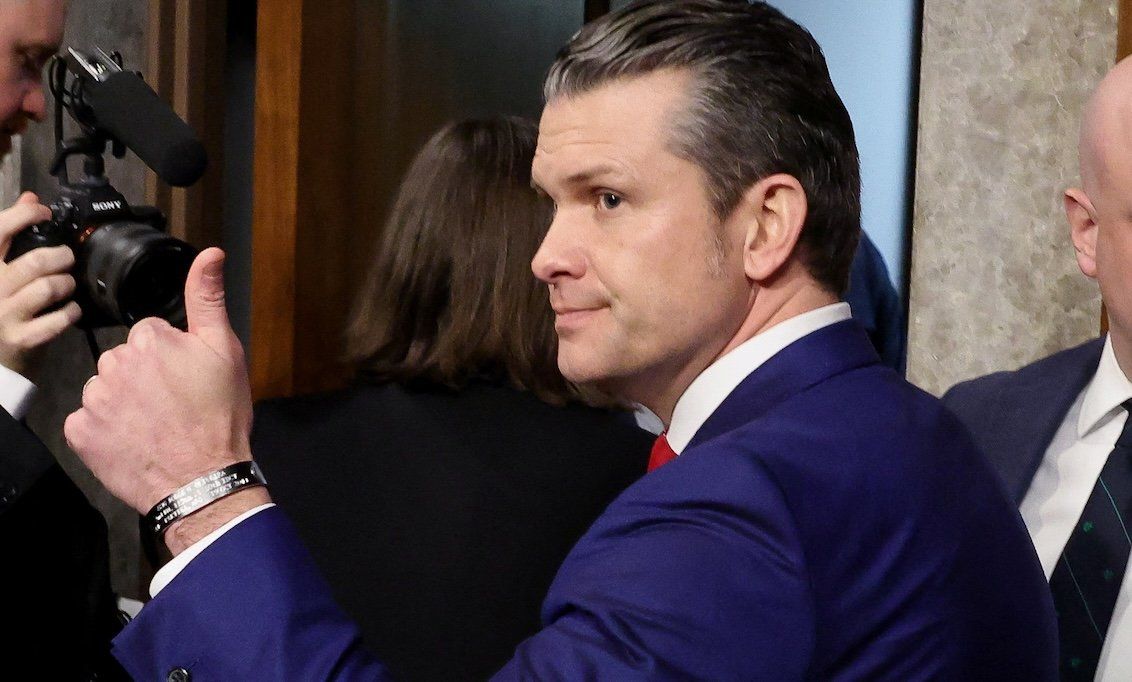The Senate has begun the process of vetting
Donald Trump’s cabinet nominations to determine whether they should serve in some of the government’s most powerful positions. One of the first
hearings was for
Pete Hegseth, Trump’s pick for defense secretary, who appeared before the Senate Armed Services Committee on Tuesday. After a brief interruption from a protester, Hegseth’s opening remarks focused on restoring the “warrior ethos” at the Pentagon, which he said entailed rebuilding the military, modernizing the US’s nuclear triad, and increasing deterrence.
Hegseth faced questions from Democrats on his history of opposing women in the military, allegations of misconduct, and his ability to lead a department of three million employees and the largest military in the world. But Republicans seemed satisfied with his responses about sexual assault prevention and enthused by his belief that the Pentagon should be audited. They also hailed his promise to strengthen the military. With Republicans in control of the chamber, Hegseth will likely be confirmed when the Senate votes on Friday.
Why is he controversial? The former “Fox & Friends” commentator has been accused of sexual assault and excessive drinking in the workplace, but he has denied all wrongdoing, saying that he is the victim of a “smear campaign.”
What are the chances all of Trump’s picks get through? While most are likely to be approved, the fates of Kash Patel, Trump’s FBI pick, and Tulsi Gabbard, his nominee for director of national intelligence, are rocky.
“For Gabbard, the problem lies in selling Republican senators on a nominee who was a Democrat up until very recently and who has been on the other side of several crucial issues around intelligence collection,” says Eurasia Group’s US expert Clayton Allen.
Meanwhile, Patel, who is a right-wing commentator who has made negative statements about the FBI in the past, “appears to be struggling to explain what his plans for the FBI are, a point that makes it harder for members to look past his more extreme political views.”
